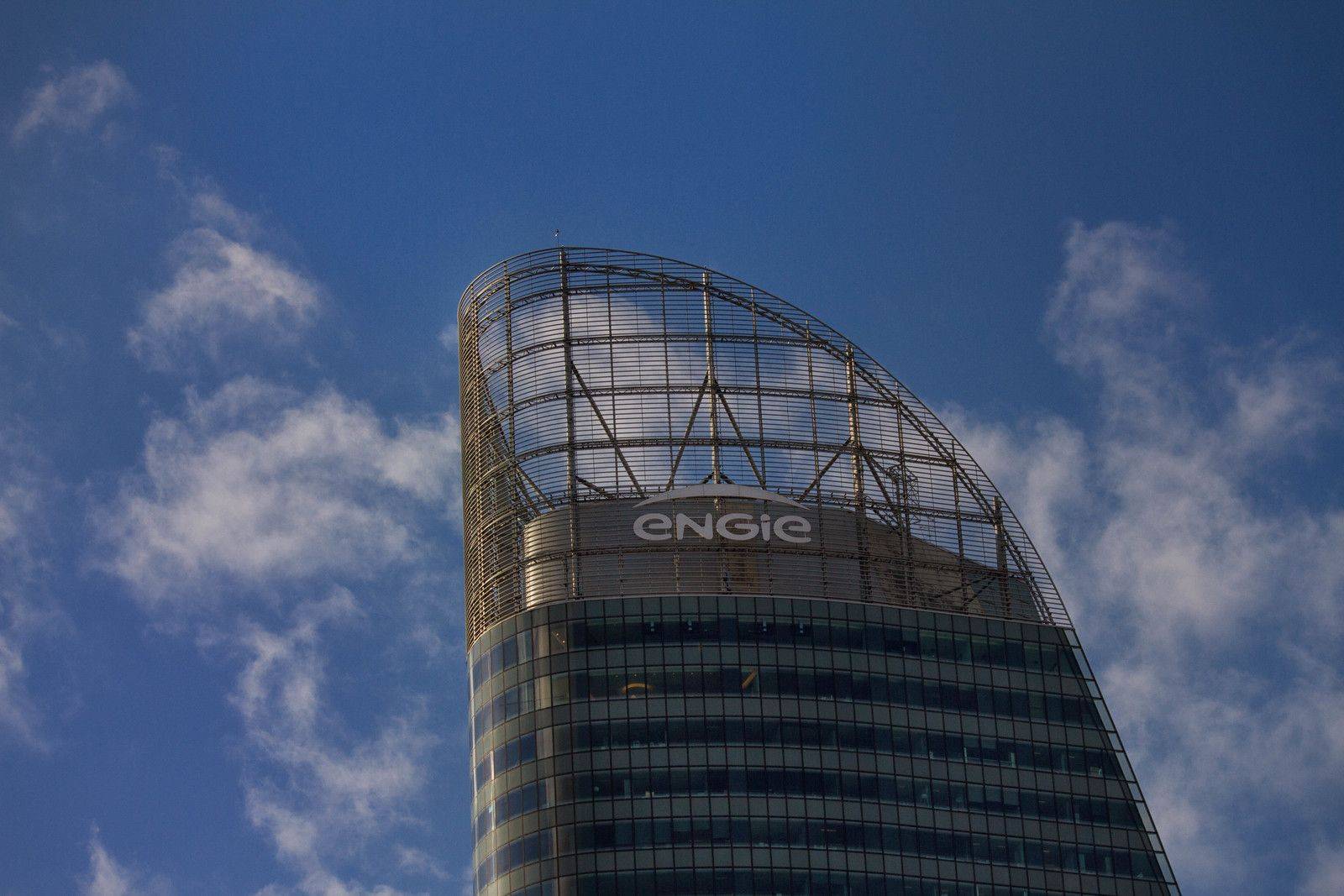(AOF) – On June 29, 2023, Engie and the Belgian government signed an interim agreement specifying the terms of the extension of the nuclear units of Doel 4 and Tihange 3. This agreement aims to ensure a balanced distribution of risks between the two parties. and eliminate uncertainties regarding the evolution of provisions related to the treatment of all nuclear waste. It incorporates the non-binding agreement in principle signed on January 9, 2023.
According to the terms, the two parties undertake to implement their best efforts to restart the nuclear units of Doel 4 and Tihange 3 from November 2026 or, subject to the effective implementation of an announced relaxation of the regulations, from November 2025, with the aim of strengthening the security of electricity supply in Belgium.
In addition, there are plans to create a legal structure dedicated to the two extended nuclear units, owned equally by the Belgian State and Engie, aligning the interests between the two parties and ensuring the sustainability of the commitments of both parties.
The economic model of the extension is based on a balanced distribution of risks, in particular through a Contract for Difference mechanism and with an incentive for the industrial operator in the good technical and economic performance of the facilities.
An agreement is planned on the fixing of a lump sum for the future costs linked to the treatment of nuclear waste, based on a new scenario defined by ONDRAF/NIRAS, concerning all the nuclear installations of Engie in Belgium, for a total amount of 15 billion euros.
AOF – LEARN MORE
Key points
– Group created in 2008 from the GDF-Suez merger, world leader in energy transition, world’s leading producer of non-nuclear electricity, leading supplier of energy efficiency services, second supplier of environmental services;
-Activity of €93.3bn with strong positions in Europe ahead of the Americas;
– Business model based on control of the value chain and on refocusing on 5 businesses: renewables, infrastructure, energy solutions, energy production & supply and energy and nuclear management;
– Capital controlled at 23.64% by the State, alongside Caisse des dépôts (4.59%), and at 3.2% by employees, Jean-Pierre Clamadieu chairing the board of directors and Catherine MacGregor providing general management;
– Controlled financial structure with €24.1bn of net debt giving a leverage effect of €2.8, €20.9bn of cash
Challenges
– Annual growth strategy for Renewables increased to 4 GW between 2022-25 and 6 GW between 2026-30 via:
– simplification of the group with 4 Business Units and an international presence reduced to less than 30 countries in 2023,
– deployment of “BRIGHT”, specialized in multi-technical services,
– At least €11 billion in disposals (completed at the end of 2022) and €15-16 billion in growth investments (€5.5 billion in 2022, in renewables, infrastructure and energy solutions), at least €11 billion in disposals and €15 to €16 billion in growth investments;
-hence an increase in profits (€3.8 to €4.4 billion in 2024 and €4.1 to €4.7 billion in 2025), a debt leverage effect of less than 4 and a payout rate of 65 to 75% until 2023, with a floor of €0.65.
– Innovation strategy organized in transversal roadmaps: Horizons: 1 / process efficiency, 2 / dissemination of new technologies, 3 / monitoring and research for future growth / Ecosystems: 23 thematic Labs, Engie Factories, internal platforms (DigiPlace , Common Data, Hub, Inner Source);
– Environmental strategy aiming for carbon neutrality by 2045: 2 2030 objectives: drop to 43 Mt in CO2 emissions vs 2017 (60 Mt) and increase to 58%, vs 38% at the end of 2022, of renewable energies in electricity production ; total exit from coal (2.6% of the total electricity portfolio) in Europe in 2025 and elsewhere in 2027,
– Strong growth in profitability thanks to the leading position in Brazil, a key market for the group, the CCGT fleet (the largest in Europe), renewables and long-term partnerships with gas producers, such as Gazprom.
Challenges
– Normalization of net profitability after a year 2022 impacted in particular by the Russian-Ukrainian conflict (€1bn) and Belgian nuclear power (€1.2bn)…
–
Restructuring of Belgian nuclear power: closure of 2 reactors, 10-year extension of the activity of 2 others and dispute over the amount of provisions for dismantling;
–
Normalization of net profitability after a year 2022 impacted in particular by the Russian-Ukrainian conflict (€1bn) and Belgian nuclear power (€1.2bn)…;
–
2023 objective of net recurring income between 3.8 and 4 billion;
–
2022 dividend of €1.4.
Learn more about the Utilities sector
Greater disparities between utilities
The World Energy Markets Observatory highlights a wide disparity in retail energy prices in Europe. Suffering from both the effect of the rise in wholesale prices and high volatility in selling prices to end consumers, the profitability of players is under pressure. While the sixteen largest European energy suppliers benefited last year from a significant increase in their turnover (+47% compared to 2020), their gross operating margin (Ebitda margin) , deteriorated from 20.2% to 19.6%. Those who had to resort to purchasing electricity on the market had to pay these additional volumes much more expensive than the level of sale prices already set and therefore saw their margins deteriorate.
Faced with the lower availability of its nuclear fleet, EDF, renationalised, should post an annual loss of 29 billion euros in 2022. Engie is doing better because it succeeded in reducing its imports of Russian gas in the first half while benefiting from high electricity prices and its increased exposure to renewable sources.
